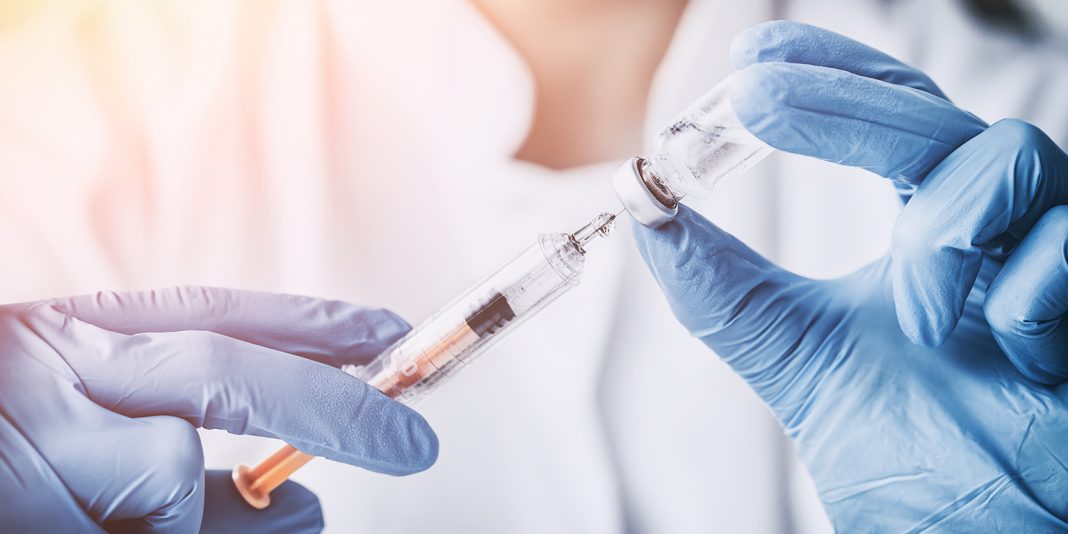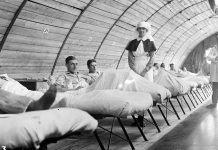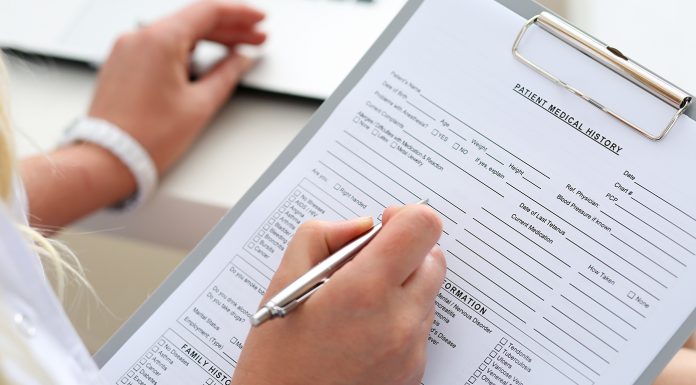A whooping cough outbreak was declared by the Ministry of Health on December 1 after a total of 1,315 cases were reported since the beginning of this year. Of these cases, 82 were babies aged less than one year old. Half of these babies were hospitalised.
In the last outbreak from August 2011 to December 2013 about 11,000 cases were notified; there were three deaths of babies and young children and hundreds needed hospital treatment.
Apart from encouraging the immunisation of pregnant women and babies the Ministry of Health is also promoting the vaccination of health staff – particularly amongst those who regularly work with babies, children and pregnant women – because immunity (whether acquired by natural infection or vaccination) wanes over time.
Dr Nikki Turner, the Director of the Immunisation Advisory Centre (IMAC), said at present the Ministry of Health’s Immunisation Handbook recommends that midwives, doctors and nurses who regularly work with infants to get a pertussis (whooping cough) booster every 10 years, and this is what IMAC recommends.
Immunity wanes – boosters needed
But she said it also recognised that vaccine immunity wanes earlier than 10 years so some people advise shorter booster intervals for those in contact with very high-risk babies or women; for example, those in neonatal units.
“There is no hard and fast rule, but in high-risk contact situations maybe every five years would be our suggestion, but there is no national or international guidance on what would be the appropriate intervals,” said Turner.
She also pointed out that even when immunity is present an individual can still carry and spread pertussis. “So standard hygiene precautions remain important (such as hand hygiene and covering your cough) and staying away from vulnerable people when unwell.”
The Ministry of Health’s director of Public Health Dr Caroline McElnay said the best way to protect babies from whooping cough is for pregnant women to get their free immunisation between 28 and 38 weeks of pregnancy and to take their baby for free immunisations when they’re six weeks, three months and five months old.
She said any siblings should also be up to date with their immunisations – older children receive free boosters at four and 11 years of age. If people are unsure whether they or their children have been immunised, they can talk to their health practitioner, doctor or nurse.
“On time immunisation is vitally important,” says Dr McElnay. “If immunisation is delayed, babies are vulnerable for longer.”
Turner said pregnant woman are advised to get immunised for each pregnancy because the main purpose of vaccinating in pregnancy was to pass on protective antibodies to the newborn infant. “Antibody levels need to be boosted with every pregnancy to ensure the infant gets adequate protection,” she said.
Turner said that a local reaction (e.g. a sore arm) can be experienced after the vaccine; this is more likely to occur after receiving more doses of toxoid vaccine. Hence, the usual advice is to have the pertussis vaccine 10-yearly unless the health professional or other person was likely to be in contact with high-risk infants, who are at greatest risk of severe pertussis, or was a pregnant woman.
For more information on whooping cough, including videos and interviews with parents whose babies have caught whooping cough, click here.




















